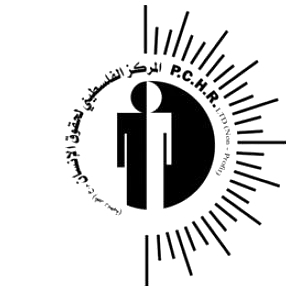Tag: Checkpoint
-

Bahaa runs for Palestine
4th March 2014 | International Solidarity Movement, Rosa Schiano | Gaza, Occupied Palestine In the shadow of the bleachers of Yarmouk stadium in Gaza City, still damaged by Israeli bombing, 400-meter Olympic runner Bahaa Al Farra trains. Bahaa took part in the London Olympics, along with three other Palestinian athletes, in 2012. “I started racing at the age…
-

Israeli forces use excessive force killing 2 Palestinian civilians at military checkpoint in the West Bank
8th November 2013 | Palestinian Centre for Human Rights| Occupied Palestine Israeli forces killed 2 Palestinian civilians at Za’tara checkpoint, south of Nablus, and the Container checkpoint, northeast of Bethlehem, in the West Bank. According to investigations conducted by the Palestinian Center for Human Rights (PCHR), at approximately 6pm on Thursday, 07 November 2013, Basheer…
-
Settler attack fended off by vigilant residents of Azzun
29th June 2013 | International Solidarity Movement, Nablus Team | Azzun, Occupied Palestine On June 18, settlers hung up a banner in the town of Azzun, threatening to take over the town. Later that day, the town was attacked by settlers, supported by the Israeli army. Local residents successfully fended off the attack through massive…
